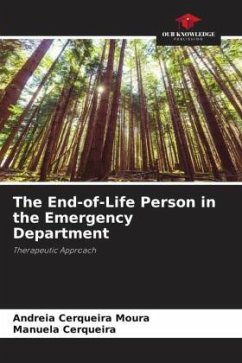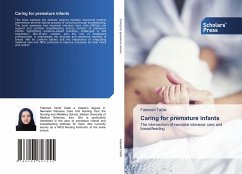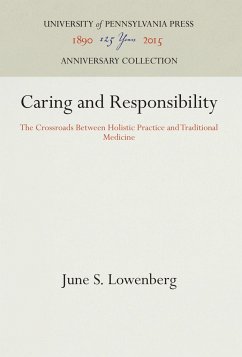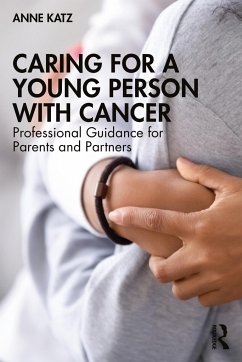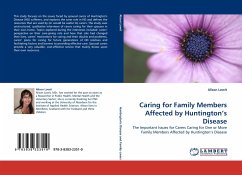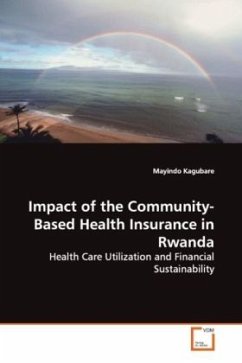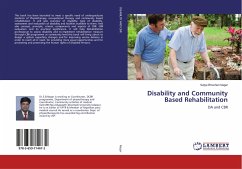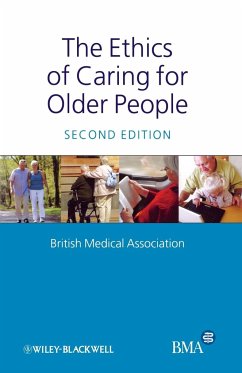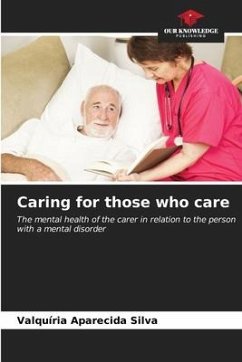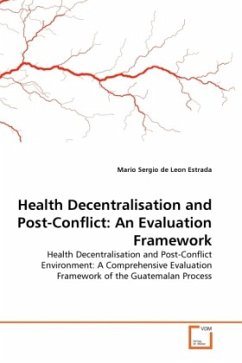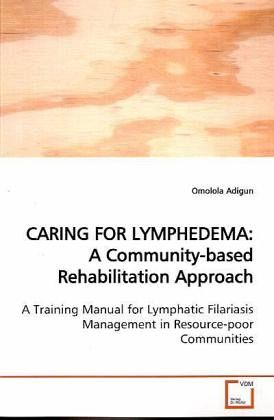
CARING FOR LYMPHEDEMA: A Community-based Rehabilitation Approach
A Training Manual for Lymphatic Filariasis Management in Resource-poor Communities
Versandkostenfrei!
Versandfertig in 6-10 Tagen
32,99 €
inkl. MwSt.

PAYBACK Punkte
16 °P sammeln!
Lymphedema is a leading cause of long term disability and there is no known cure. However, the scientific literature has shown that medical treatments in the form of simple rehabilitation and hygiene techniques are effective in managing the condition. Unfortunately, resources are not affordable or available in resource-poor communities to provide clinic-based management, so many people go untreated.Fortunately, Community-based rehabilitation approaches provide an alternative to clinic-based services and the potential for people with lymphedema to live full and productive lives. In more recent ...
Lymphedema is a leading cause of long term
disability and there is no known cure. However, the
scientific literature has shown that medical
treatments in the form of simple rehabilitation and
hygiene techniques are effective in managing the
condition. Unfortunately, resources are not
affordable or available in resource-poor communities
to provide clinic-based management, so many people
go untreated.
Fortunately, Community-based rehabilitation
approaches provide an alternative to clinic-based
services and the potential for people with
lymphedema to live full and productive lives. In
more recent times, a movement has developed to help
people with disabilities become active participants
in the society by encouraging communities to
recognize the rights of people with disabilities and
to provide community-based supports.
Today, over 120 million people have lymphedema. The
importance of implementing strategies that use
proven techniques and involve the community should
be taken seriously, as it holds the potential to
have a positive impact on the lives of millions of
people and on the communities in which they live.
disability and there is no known cure. However, the
scientific literature has shown that medical
treatments in the form of simple rehabilitation and
hygiene techniques are effective in managing the
condition. Unfortunately, resources are not
affordable or available in resource-poor communities
to provide clinic-based management, so many people
go untreated.
Fortunately, Community-based rehabilitation
approaches provide an alternative to clinic-based
services and the potential for people with
lymphedema to live full and productive lives. In
more recent times, a movement has developed to help
people with disabilities become active participants
in the society by encouraging communities to
recognize the rights of people with disabilities and
to provide community-based supports.
Today, over 120 million people have lymphedema. The
importance of implementing strategies that use
proven techniques and involve the community should
be taken seriously, as it holds the potential to
have a positive impact on the lives of millions of
people and on the communities in which they live.



